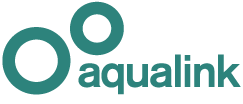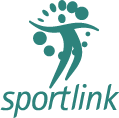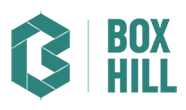Whitehorse News - March 2022
Empowerment through education
For International Women’s Day, Whitehorse City Council would like to acknowledge the efforts of the women who are making a difference in our community.
In all her endeavours, Sahar Gholizadeh is passionate about improving the lives of those in her community and beyond.
Sahar emigrated from Iran to Australia in 2012, working as a nurse and a lecturer in nursing and mental health. In 2014, she joined the Australian Iranian Society of Victoria (AISOV) to help and connect with other Iranian immigrants.
“I originally joined to help out with cultural events,” she said. “From there, I became a board member and have now been President of AISOV for three years.” AISOV is a non-profit organisation that was established in Forest Hill 30 years ago. The organisation is entirely volunteer-run and hosts classes, events and other initiatives to help Iranians get settled in the community.
“We receive calls from people who need help with things like finding jobs, for one example, and we refer them to the resources they need.”
Since stepping into her role as President, Sahar has used her background in mental health to bring a new suite of services to Iranian Australians.
“We’ve started doing R U OK? day and other events surrounding mental and physical health, especially since COVID.” Sahar also works closely with survivors of family violence, helping them to manage their situations and seek help and safety.
“It’s a hard topic to talk about,” said Sahar.
“Women in our community who are well-educated with a good level of English are often embarrassed to reach out. Others are hesitant because they are in vulnerable situations: for example, they might have young kids, be financially dependent on their partners and have low levels of English.”
“The number of family violence cases is very high, unfortunately. In Iranian culture, a lot of things aren’t considered violence, such as financial control. But physical abuse is not the only type of violence.”
Sahar and the volunteers at AISOV are working to tackle this issue through training and raising awareness.
“Education is key. We want people to know that this behaviour shouldn’t be tolerated and that they can reach out here, and we can refer them to the support they need.”
“Resources should be totally accessible and translated. Regardless of English level, it’s good for people to have help available in their own language.”







